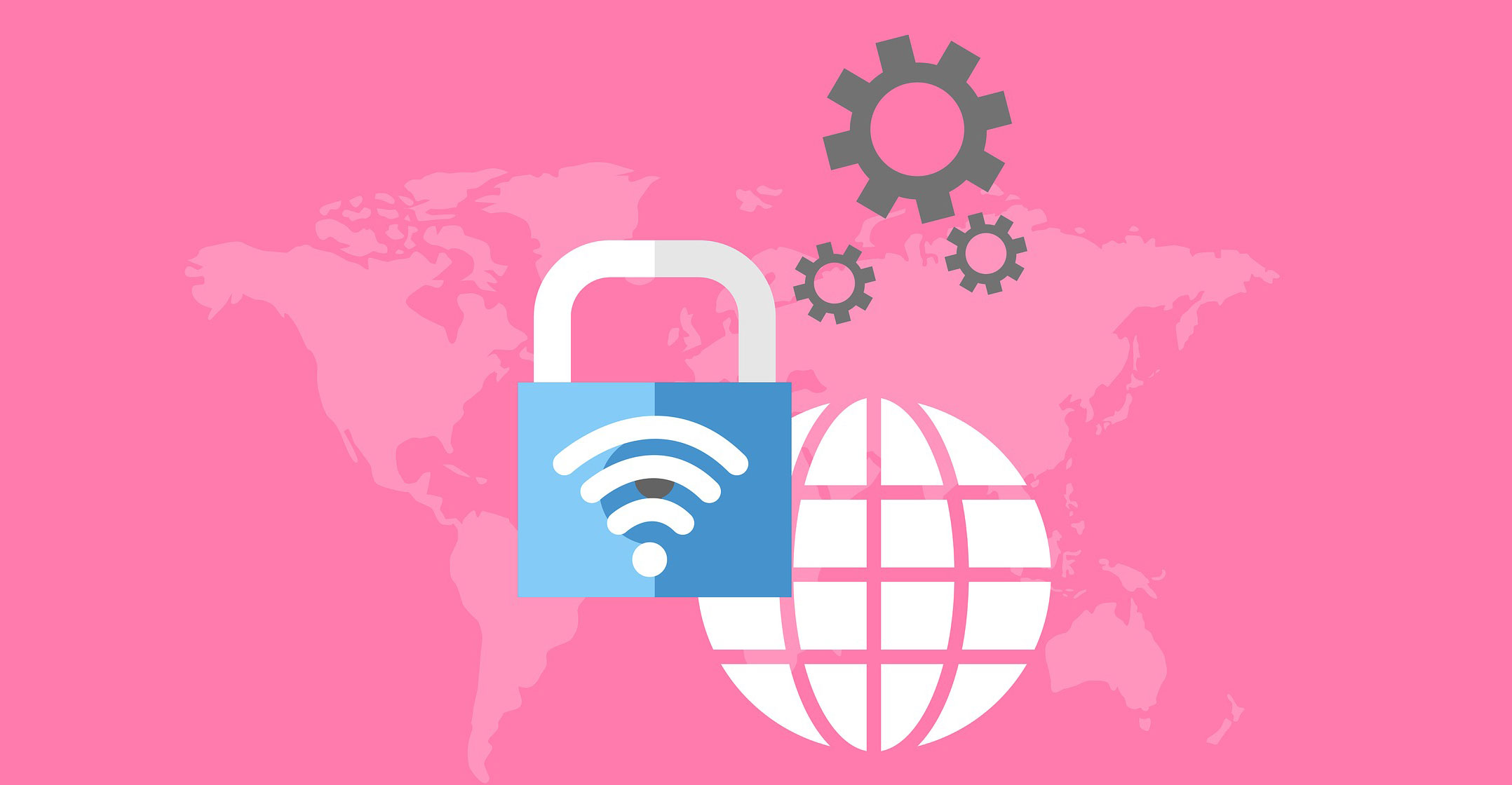 Around the world, governments are hitting on a modish new idea: turn the Internet off. Sometimes they mean it literally.
Around the world, governments are hitting on a modish new idea: turn the Internet off. Sometimes they mean it literally.
Methods vary, but the trend is clear enough. Countries are increasingly ordering telecommunications and other companies to block network access, shut down messaging services, or otherwise restrict digital applications or websites, usually citing public order or national security concerns. In extreme cases, Internet access can be “blacked out” entirely. Worldwide, such shutdowns rose to 188 last year, up from 75 in 2016.
Expect that regrettable figure to rise. For autocrats, the appeal is obvious. They can use such restrictions to suppress inconvenient news or unwanted opinions, censor political rivals, prevent activists from organising and stifle talk of government misdeeds. For instance, after voters cast ballots last year in an election widely seen as corrupt, the government of the Democratic Republic of the Congo blocked all Internet access for nearly three weeks. The stated goal — which cost the impoverished country roughly R43-million/day, according to one calculation — was to prevent “chaos”.
Even in democracies, such bans can be tempting. When terrorists killed more than 250 people in Sri Lanka in April, authorities shut down access to multiple social media services for more than a week. That might have seemed justified in the moment: messaging apps can accelerate the spread of disinformation, and further violence appeared imminent.
The problem is that there’s no evidence such bans work. They do nothing to moderate the anger that might lead to violence, and dedicated troublemakers can evade them with VPNs and other technology — or simply by spreading rumours the old-fashioned way. Shutdowns also tend to become a habit: they are imposed in India more often than in all other countries combined, sometimes for bizarre or trivial reasons.
And the drawbacks are severe. Done rashly, Internet blockages can impede vital communication, hinder the work of emergency workers, induce public panic and encourage the spread of rumours in the absence of reliable news coverage. They might even encourage violence. Unsurprisingly, they’re also expensive: By one estimate, India’s shutdowns have cost more than US$3-billion over five years.
Should be avoided
In general, then, such restrictions should be avoided. When deemed necessary in an emergency, they should by law be temporary, limited to a specified purpose and subject to judicial review. They should also be narrowly targeted: shutting down the whole of a country’s Internet — news sites, email and all — is never defensible. Defining those limits, moreover, should be a job for legislatures and not unelected officials.
In authoritarian countries, where total blackouts are becoming more common, the outlook is bleak. But international monitoring and activist campaigns can help. So might pressure from businesses. Although they must follow local laws, telecoms providers should challenge shutdown orders in court where possible. When negotiating operating licences, they could also push for terms stipulating that such demands be subject to a judicial order. That won’t stop the practice, of course, but it might force governments to think twice.
Realistically, Internet shutdowns are going to get more common in the years ahead. The goal should be to limit them as far as possible, and to raise the costs of government abuse. — (c) 2019 Bloomberg LP

